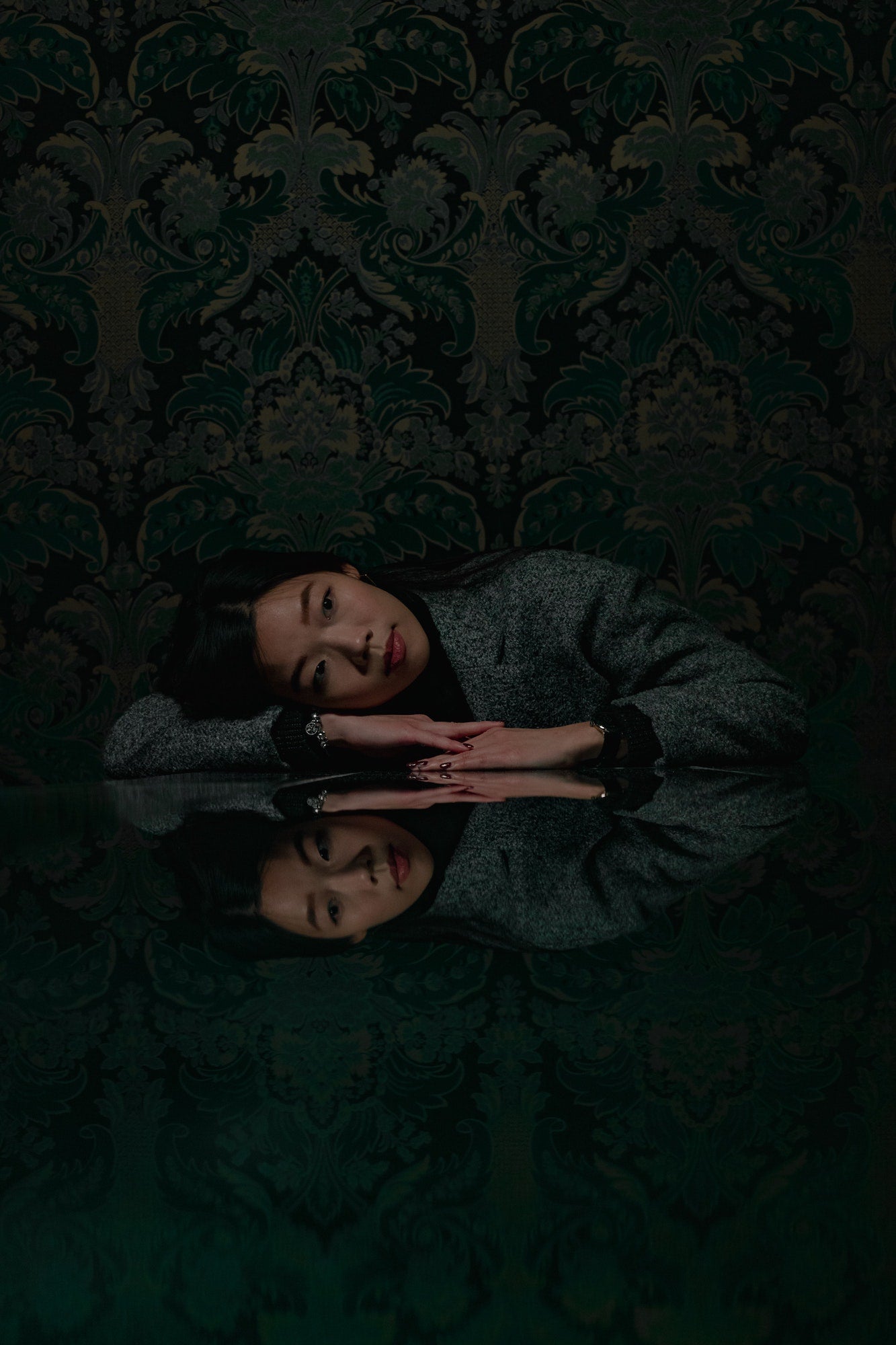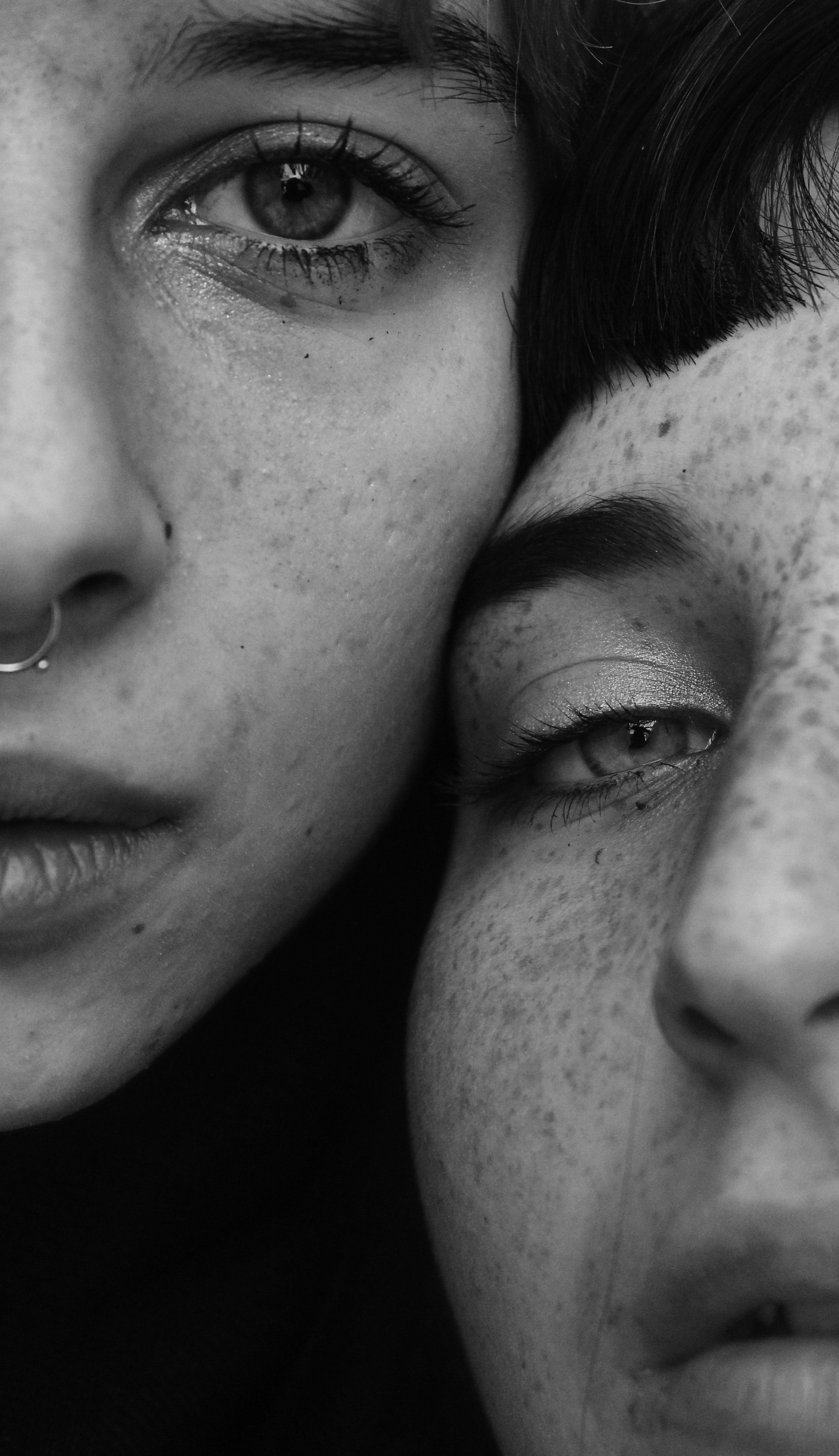What is romantic friendship?

“We’re JUST friends”.
It’s rare that we apply the “‘til death do us part” clause to the contract of friendship. It’s one of those infallible commitments we reserve for our codified romantic partners—but au countraire, who among us hasn’t felt that version of closeness and sincerity for a friend?
The term “best friend” often has juvenile implications. It sounds youthful at best, and childish at worst when spoken aloud. It conjures images of heart-shaped necklaces, cracked down the middle. But that’s not to say that, in adulthood, we cannot—or do not—maintain friendships that feel as reliably intimate and sating as our romantic partnerships. In fact, the term “significant other,” which we tend to use in conjunction with romance, can just as readily apply to the friends who are our highest-grade counterparts at any given point in time. Call it “romantic friendship.”
Now, this concept isn’t new, exactly. The term romantic friendship was used throughout historic scholarship in the late 18th and early 19th century in order to describe close-knit same-sex relationships (mind you, at a time when homosexual relationships of any kind were a) unsanctioned and b) rarely discussed). This is to say, initially, it was largely a coy euphemism for “gay.” That said, in the later 19th century, once we had developed the language to discuss same-sex intimacy, the term romantic friendship took on a more particular meaning: “Inexplicably” close relationships that weren’t sexual—but weren’t platonic, either. They involved grandiose affection, bar-nothing intimacy, and the giddy-loving euphoria of, well, romance.
Right now, with ethical non-monogamy on the rise, gender as an ever-broadening spectrum, and marriage as a choice rather than a prerequisite for turning 30, we’re often finding that we do not have all the required vocabulary to truly and accurately explain the manifold version of love we experience. So it comes as no surprise that we’re seeing a dated term like “romantic friendship” gain new traction. In a world where sexualized, partnership-based love has often taken center stage, we do need ways to discuss the pivotal, formative, prioritization of love in friendship.
Frankly, a good number of Shakespeare’s earliest sonnets are addressed to men and women alike—and they seem to run the gamut from perversely sexual to coy and friendly. Intimate letters exchanged between John Laurens and Alexander Hamilton have led plenty of historians to contemplate some sexual underpinning to their relationship—but without any tangible evidence to suggest homoeroticism, it may have also just been a deep, profound intimacy shared between friends. The same goes for Abe Lincoln and Joshua Speed—childhood friends who supposedly shared bedrooms and housing arrangements well into adulthood. Again, there may or may not have been romantic threads, but first and foremost, they shared a beautiful friendship. And therein lies the magic of the romantic friendship: In some examples, like with famed letters shared between 20th-century novelist Iris Murdoch and her closest friend, philosopher Philippa Foot, the romantic overtures are hardly subtle. The two women express their love in hyperbolic ways—they make clear that they are one another’s absolute closest confidantes and most reliable counterparts. They make sweeping declarations of love. And as Foot explained to Murdoch’s biographer, they’d once explored a sexual relationship as a way of testing the limits of their extreme closeness, but quickly found that friendship was indeed the proper mode of rapport for them.
In the present tense, we see the rise of buddymoons: Married couples are bringing pals along for the romantic trip of a lifetime to acknowledge that friendship is often as worthy of celebration as a romantic partnership. Single-owner households are rising in number where folks are pointedly remaining single for longer, and devoting more time to socializing. Cohabitation with friends is no longer inappropriate for folks above the age of ~28—and for many, it’s even preferred. Co-parenting between friends is even seeing a major spike. This is to say that friendship, even when platonic, can still have all the significance of romance, or couplehood. It can involve exploration—or even sexual intimacy—but in the end, friendship is the prevailing ethos.





